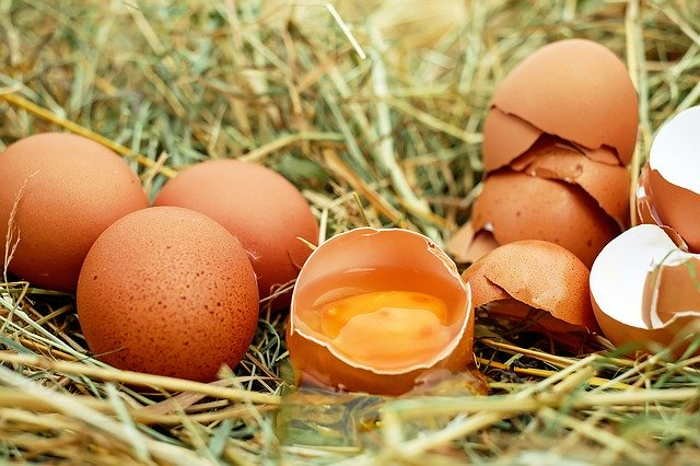 New year’s Eve is approaching and there’s surely one thing Italians do well that night: eating.
New year’s Eve is approaching and there’s surely one thing Italians do well that night: eating.
But, instead of giving you some recipes you can cook for New year’s Eve, I’m going to teach you some Italian sayings about food.
BUONO COME IL PANE
Let’s start with the first Italian idiomatic expression related to food: buono come il pane, literally good as bread.
In the past, bread was a relatively cheap food that almost everyone could buy. Thus, it’s not strange to discover that Italians have different Italian sayings about food where bread is one of the ingredients.
In Italy, if a person is buona come il pane, it means s/he is very kind. This construction in Italian is always formed with the verb essere – to be.
Ex: Marco è buono come il pane
Marco is a very good man
RENDERE PAN PER FOCACCIA
Here’s another expression with the word bread in it. Rendere pan per focaccia literally means to give back bread for focaccia.
This expressions is especially used when someone pisses you off doing something bad against you.
For example, let’s say your neighbor always throws some trash in your garden. You’ve already talked to him about this issue but nothing has changed. Now, you’re definitely pissed off, so you think of a way to rendere pan per focaccia, that’s to say to pay him back.
Ex: Continuava a lanciarmi spazzatura nel giardino, così gli ho reso pan per focaccia e…
He kept throwing some trash in my garden, so I paid him back by…
PANE AL PANE, VINO AL VINO
Among all the Italian sayings about food this is one of the most common. Literally it means bread to bread, wine to wine but its real meaning is to be very frank, to tell the truth or your opinion even if you risk to be considered rough.
Ex: Pane al pane, vino al vino, secondo me non doveva vincere lui, ha cantato malissimo!
Let’s call a spade a spade, in my opinion he shouldn’t have won, he sang terribly!
TROVARE PANE PER I PROPRI DENTI
The last Italian idiomatic expression related to bread for today is trovare pane per i propri denti, literally you’ve found bread for your own teeth.
This expression actually means that you or someone has found a good antagonist.
Ex: Pensava di fregarlo e invece ha trovato pane per i suoi denti
He thought he could fool him but instead he met his match
TROVARE IL PELO NELL’UOVO
Another Italian idiomatic expression related to food is trovare il pelo nell’uovo, literally to find the hair in the egg.
It’s usually used in a negative sense and it refers to a person who always tries to find the smallest flaw, thing this that people considere very annoying.
Ex: Non ti va mai bene niente, trovi sempre il pelo nell’uovo! Allora il progetto fattelo da solo!
Nothing is ever good enough for you, you’re always so nitpicking! Do the project yourself, then!
ESSERE UN SALAME!
This expression can also be used in a tender way, for example with children. The literal translation is to be a salami but it’s meaning can be to be awkward, naïve, dumb.
Ex: + La prima volta che sono andato in barca sono caduto in mare
+ The first time I sailed, I fell overboard
– Ma sei proprio un salame!
– You’re really awkward!
PARLARE DELLA RAVA E DELLA FAVA
This Italian idiomatic expression related to food literally means to talk about the foliage and the broad bean.
Its real meaning, instead, is to talk about something in great detail or, in some Italian regions, to talk about useless topics.
Ex: Eravamo lì a parlare della rava e della fava quando qualcuno bussò alla porta
We were talking in detail (about something) when someone knocked at the door
PIANGERE SUL LATTE VERSATO
The last Italian idiomatic expression related to food for today is piangere sul latte versato, literally to cry on the milk that has been poured.
This Italian expression means that it’s useless to cry for something that has already been done and cannot be changed. In short, regrets are of no use.
Ex: E’ inutile piangere sul latte versato! Avresti dovuto pensarci prima!
It’s useless crying over split milk! You should have thought about that before!
Do you know some other Italian sayings about food?
Is there any saying related to food in your country? Let me know commenting below, I’m curious!
Credits
Original image by Couleur




 Five historical Italian villas you can visit near Lake Como
Five historical Italian villas you can visit near Lake Como

